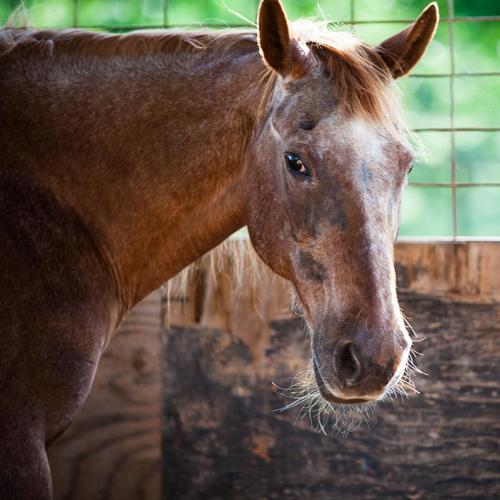There are lots of trainers – good trainers and bad trainers. This is a conversation that comes up a lot with equestrians of all disciplines and all skill levels. When is it time to move on from your current trainer?

Most important thing – regular screening and preventive veterinary care!
Good resources of additional information:
https://pdfs.semanticscholar.org/935a/fdcbd88e664070a525803a227cdbbd4121ad.pdf
https://www2.vetmed.ucdavis.edu/ceh/local_resources/pdfs/pubs-HR24-3-bkm-sec.pdf (old, but good resource)
There are lots of trainers – good trainers and bad trainers. This is a conversation that comes up a lot with equestrians of all disciplines and all skill levels. When is it time to move on from your current trainer?
While you are working on New Year’s resolutions for yourself, consider making a few for your horse as well. Here are a few suggestions...
Maintaining a healthy weight is essential for horses as they age. Here are a few tips to help keep your horse fit and trim.
Would you know it if your horse was in pain? Even if you knew your horse was in pain, would you know what type of pain he or she was suffering from?